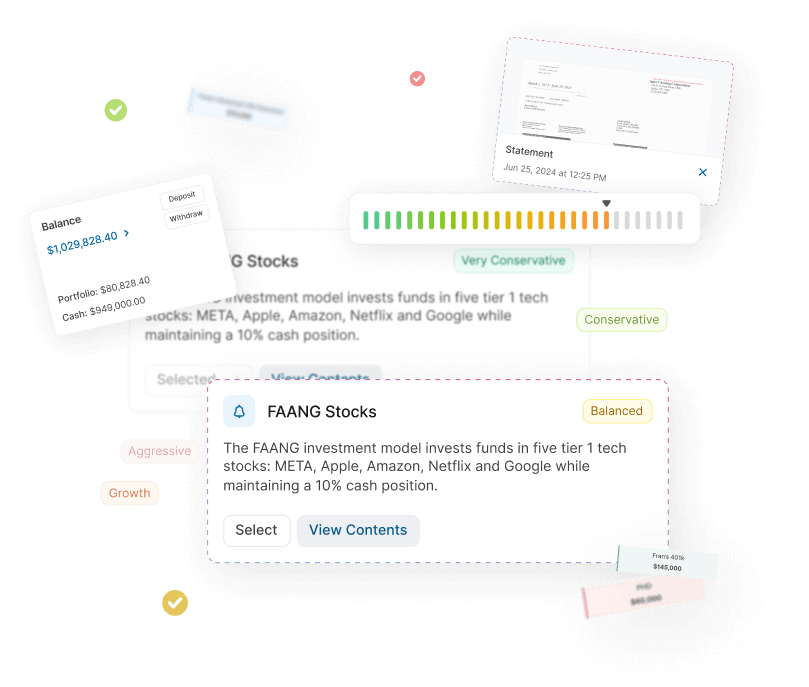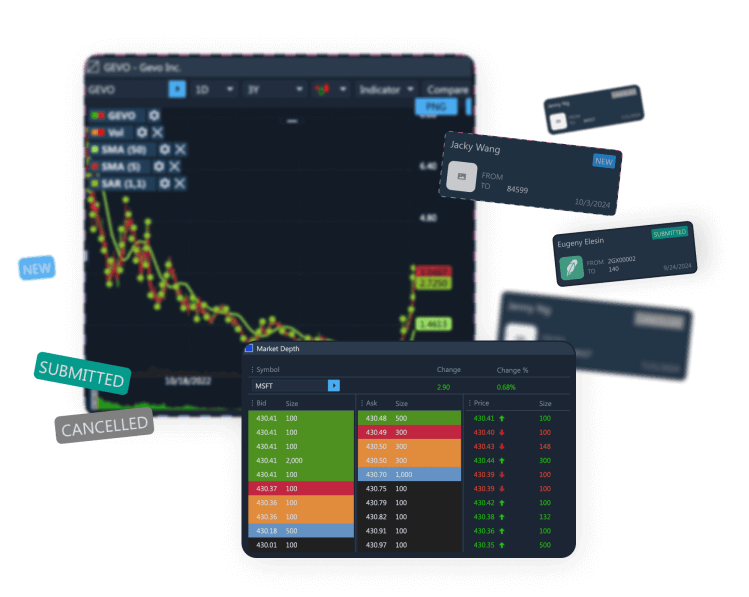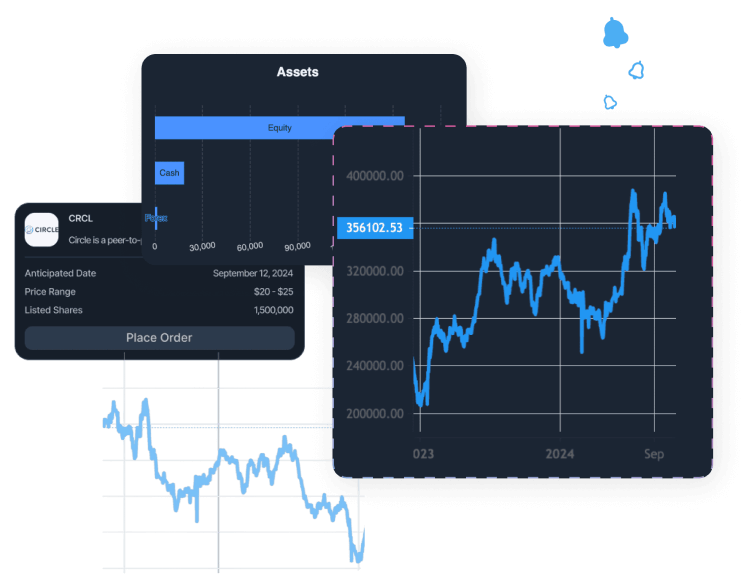
The digital onboarding experiences for technology giants Slack and Netflix are impressively effortless, and with a good reason. A long time ago, both companies recognized that in getting users on to their systems quickly, and empowering them to make use of what they offered, they had a recipe for keeping users subscribed.
Slack’s AI assistant, Slackbot, talks users through the whole process. Netflix asks users a few questions and then starts recommending TV shows that completely match the individual user’s tastes. Early adopters were hooked and hooked early, and most likely they still are today.
This is digital client onboarding in action. It is the process through which digital tools are employed to help new users or clients get the most value, in the quickest time frame, from the tool, service or product they have just signed up for.
The world is now so used to the tools of digital onboarding that the average consumer has become conditioned to expect them. The welcome email, the friendly setting of personal preferences, the integration with social networks; consumers expect everything they sign up for to offer the same user-focused experience.
That expectation is extending into the financial sector, though financial institutions have traditionally lagged behind when it comes to digital transformation. As recently as 2017 US banks were under fire for their slow adoption of APIs; the new normal for many industries, and the wealth management sector has similarly been a little slow to adopt modern methods of communication. A 2016 report highlighted that up to 56% of wealth management firm’s net income was at risk due to a lack of digital capabilities. More than half of the wealth managers questioned for the same survey said that they were not happy with their firm from a digital point of view. The evidence is there that the capability for digital is still lacking.
There is also mounting evidence that the demand for digitized services and communication within the financial sector is growing. In a report into how financial accounts are opened by Aite Group, 57% of those aged 27 to 37 said they would prefer to open a new account online, taking advantage of being digitally onboarded to their new product and 51% of millennials said they would switch banks just to get a better banking app.
The same expectation, for digital, user-focused onboarding, is being brought by consumers to wealth managers, online broker-dealers, financial advisors and fund management firms. With those expectations, comes opportunity. Firms who embrace the demand for a modern, user-focused digital onboarding experience are likely to stand out from the crowd.
Newly emerged FinTechs totally realize that and streamline account opening and funding process from day 1 making it a priority for better user experience and customer success. While established firms are having a hard time integrating digital client onboarding tools into existing infrastructure.
Consider a few opportunities that a digital onboarding process could open for businesses:
Younger population also called as digital natives, such as millennials and generations X, Y, and Z, are maturing to the point where many are accessing sophisticated financial products and services market. The average millennial investment portfolio allocates 68% to equities, and many of them have specific requirements. 84% of millennials see investing in Environmental, Social and Governance as a key aim, for example.
This group is also acquiring the wealth to justify advice fees and support. The hand over of wealth between the baby boomer generation and millennials is well underway and will accelerate over the next few years.
Digital natives expect user-focused digital experiences. They did not just come to use Netflix and Slack; they grew up with them. When the need for digital wealth management and access to capital markets arises, they will gravitate toward a provider that offers the type of onboarding they have come to expect. Gen Z, for example (those born in the mid-to-late 1990s), watch twice as much video on their mobile devices than any other demographic, with 70% watching two hours of YouTube per day. So video guides or tutorial as part of a digital onboarding process could mean engaging a brand new audience.
Creating a modern digital onboarding experience is likely to be the first step in a more modern overall experience.
The opportunity here includes integration with other digital wealth management services. Banking apps, personal finance tools, and affiliate programs all now have modern APIs which allow easy connections to third parties and creating personalized financial products.
Through the digital onboarding and follow-up service provision, firms could create a recipe for a long-standing client relationship, where their offering is the centerpiece that links out into an ecosystem.
Digital onboarding brings more to automation which is a benefit for end-users. It is also a benefit for financial firms. Consider the efficiencies gained from having data from users synced directly to back office systems and communications sent out automatically:
Time and mistakes from rekeying are eliminated. The same processes that work for users works for firms, resulting in a modern, more streamlined back office operations.
Even in the digital age it has remained a truism that businesses only have one chance to make a good first impression. Audiences increasingly expect that first impression to be digital, to talk their language and to represent the experience they will have on an ongoing basis. Those that could upgrade their legacy technologies and offer modern digital onboarding tools will get a significant competitive edge and path to success not just from growing numbers of new users, but also from those that stay with them for years. Just look at where it has taken Netflix and Slack.
Contact ETNA Sales Team to learn more about Digital Account Opening API for online broker-dealers and wealth management firms.

Demo Financial Advisor Software
Manage portfolios with advanced rebalancing and real-time insights.
Access customizable client reports and streamlined compliance tools.
Designed for advisors seeking efficient client and portfolio management.


Demo Advanced Trading Platform
Test multi-asset strategies with real-time and historical data.
Analyze market depth, execute complex options, and algorithmic orders.
Ideal for refining strategies and risk management before live trading.


Demo Paper Trading Platform
Practice trading with virtual funds in real market conditions.
Simulate cash, margin, and day-trader accounts to gain experience.
Perfect for honing skills in a risk-free, customizable environment.

